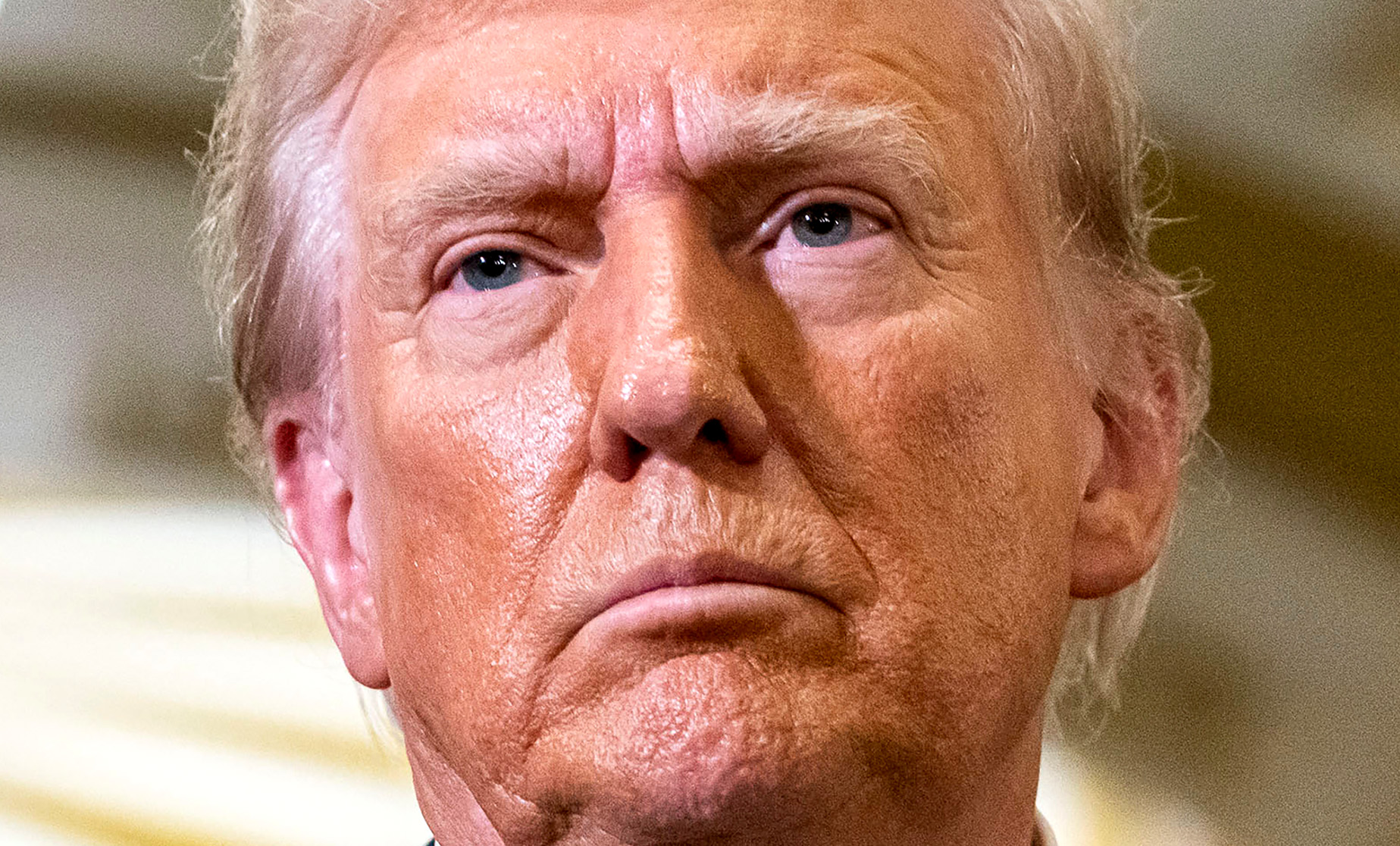The International Monetary Fund (IMF) has just released its latest Global Economic Outlook and it is clearly concerned about the inflationary risks posed by US President Donald Trump’s second term in the White House.
On the one hand, the IMF sees global inflation slowing after its recent surge.
“Global headline inflation is expected to decline to 4.2 percent in 2025 and to 3.5 percent in 2026, converging back to target earlier in advanced economies than in emerging market and developing economies,” the report said.
“The gradual cooling of labour markets is expected to keep demand pressures at bay. Combined with the expected decline in energy prices, headline inflation is projected to continue its descent toward central bank targets.”
Well, that’s a relief!
But the elephant in the room is the new Trump administration, and any inflationary pressures it ignites from tariffs to mass deportations of America’s primary source of cheap labour will spread like an inferno. Many economies, including South Africa’s, will feel the heat.
“The magnitude of the inflationary effect from tariffs is especially uncertain ... Nevertheless, compared with what took place in earlier episodes of trade disputes, several factors suggest that upside risks to inflation from tariff hikes could be higher this time,” the IMF report pointedly noted.
The recent global inflationary gush was the most intense in recent memory, notably in advanced economies, where consumers for years had enjoyed a sort of monetary nirvana: ultra-low interest rates and slow inflation.
This was why the price spikes in recent years were so jarring, and the political consequences included Trump’s victory in last year’s election. US consumer inflation in fact had been slowing significantly - it averaged 2.9% in 2024, compared with 8.0% in 2022 - but the shock and awe inspired by the surge cut to the bone of the rattled US working and middle classes.
“Inflation expectations, especially in many advanced economies, are farther above the central bank target today than in 2017–21,” the IMF said.
It also noted that the “cyclical position” of many major economies was currently primed for an inflationary take off. Throw a new round of trade wars into that mix, and the inflation trajectory could abruptly change course.
“... retaliation in the form of restrictions on specific, difficult-to-substitute materials or intermediate goods may have an outsized impact on aggregate inflation,” the report warned.
Trump has promised a new wall of tariffs targeting Canada, Mexico and China, and other policies that frankly have inflation written all over them.
“... while many of the policy shifts under the incoming US administration are hard to quantify precisely, they are likely to push inflation higher in the near term relative to our baseline,” Pierre-Olivier Gourinchas, the IMF’s Economic Counsellor, wrote in a blog post linked to the report.
“Some indicated policies, such as looser fiscal policy or deregulation efforts, would stimulate aggregate demand and increase inflation in the near term, as spending and investment increase immediately. Other policies, such as higher tariffs or immigration curbs, will play out like negative supply shocks, reducing output and adding to price pressures.”
Monetary reversal
The upshot of all of this would be that the US Federal Reserve, which is currently in a loosening cycle, would have to reverse course and hold or start hiking US interest rates again.
This, in turn, would boost the value of the greenback against other currencies, including the rand.
Fed Governor Christopher Waller signalled last week that as many as four rate cuts could be on the cards this year, comments which underpinned the rand and helped it to extend gains below 19/dlr.
But if Trump’s policies stoke the embers of inflation, all bets would be off.
“Higher-for-even-longer interest rates could worsen fiscal, financial and external risks. A stronger US dollar, arising from interest rate differentials and tariffs, among other factors, could alter capital flow patterns and global imbalances and complicate macroeconomic trade-offs,” the World Economic Outlook cautioned.
It all provides food for thought for the South African Reserve Bank’s Monetary Policy Committee (MPC), which is scheduled to make its first interest rate decision of 2025 on 30 January.
South African consumer inflation has been steadily slowing and was 2.9% in November. The December print will be unveiled on Wednesday, 22 January, and is expected to come in at around 3.1% - the bottom of the South African Reserve Bank’s 3% to 6% target range.
But the Trumpian tornado that is about to swirl through Washington portends an element of uncertainty which the typically cautious MPC will find disconcerting.
The recent presidential election in the US was about many things and hinged on many factors, but inflation was one of the key drivers.
Annexing Greenland or making Canada the 51st state is not going to lower the price of eggs in American stores. But Trump’s other half-baked ideas and policy proposals could scramble the global economy, and herald a new inflationary surge. South African consumers need to brace themselves for the possible fallout. DM





